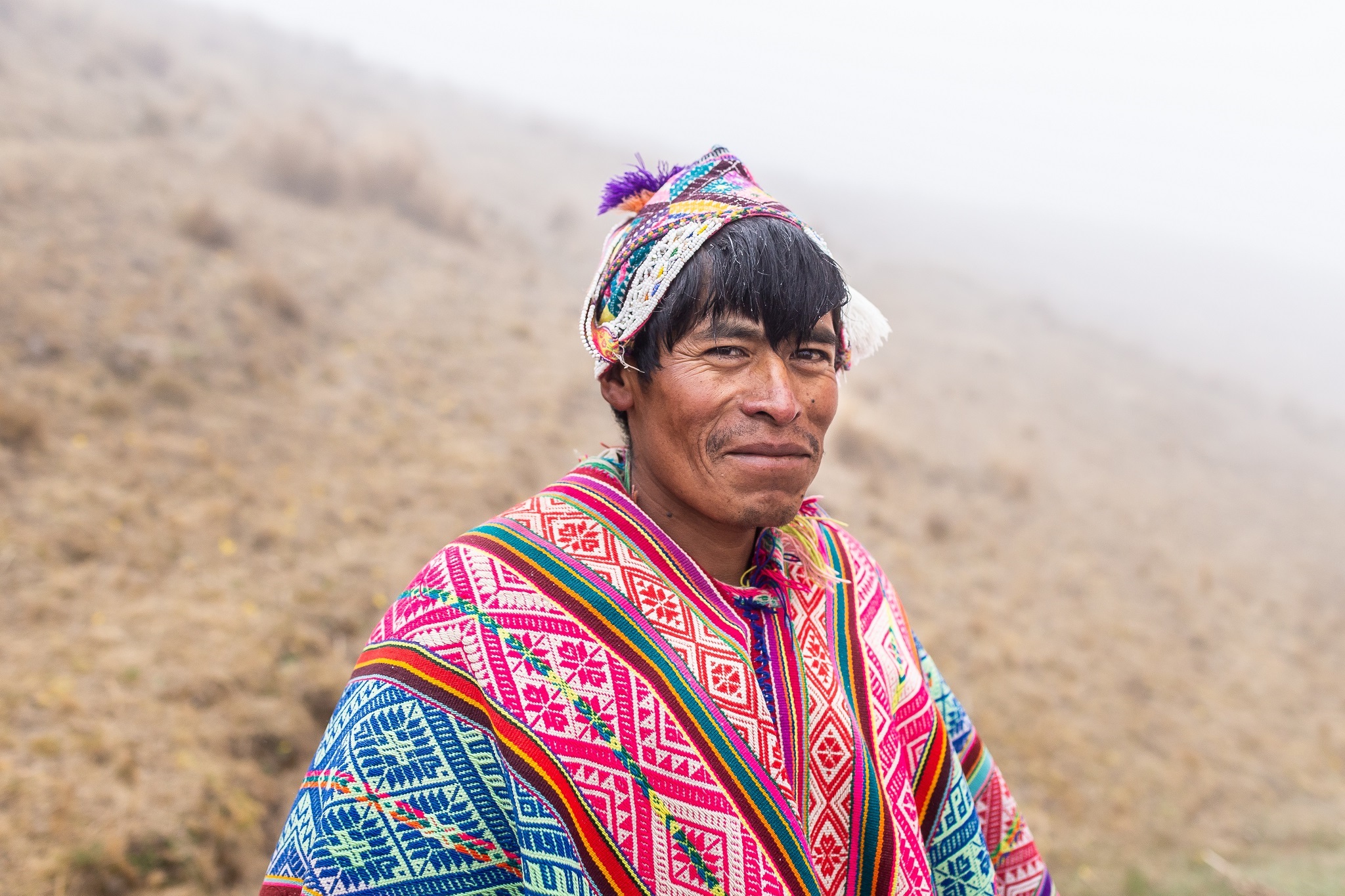
Fair trade week: ethics at the heart of what we do
Fair trade week: ethics at the heart of what we do
This year, Fair Trade Week runs from October 5 to 15. As you undoubtedly know, fair trade is at the heart of everything we have done since Alterfin was founded in 1994. Today, two-thirds of our partners in the agricultural sector have this certification.
A long-term approach
We chose fair trade because it’s a particularly effective tool with which to improve the living conditions of smallholder producers. The central tenet of this system is the guaranteed minimum price negotiated by our partners with their buyers. “For the past four years, smallholder coffee producers around the world have been severely affected by low market prices; some producers have been driven into poverty and bankruptcy,” explains Yannick Lamezec, Technical Adviser of the CPC cooperative in Laos. “But because our producers receive a minimum price of around USD 3.09 per kilo for Arabica and USD 2.23 per kilo for Robusta, they benefit from a comfortable income, despite the current situation.”
What’s more, every year, the producers and the cooperative share a Fairtrade premium paid by the end buyers. “The bonus has enabled us to help producers by providing them with new coffee plants, for example, and fruit trees to diversify their plots. We’ve also improved drying and production infrastructure and bought new tools,” explains Francisco Gonzalez, CEO of ECEG, a coffee-producing cooperative in Guatemala. “We also reinvest in the community. For example, we organized a book drive for three bookstores in the local community and invested in a computer to help them deal with collecting and lending the books.”

And what about partners without certification?
A third of our partners don’t have fair trade certification. “There are two reasons for that: firstly, some partners are not eligible for certification because their products are simply not on the list of certifiable products, ” explained Alex Tack, Investment Manager at Alterfin, during our last webinar. “Others already sell their products at attractive prices, so it’s not always worth the trouble for them. After all, the cost of fair trade certification is significant (EUR 4,200), and the process also involves additional work for employees.”
Our technical assistance department is here to help with this. For example, we support our partners during the certification process; this reduces the barriers to entry and saves valuable time. What’s more, Alterfin also provides its partners with organizational and commercial support. “We have in-depth knowledge of the sectors in which we operate and we can help our partners make better management decisions,” explains Bernard Ornilla, Investment Manager at Alterfin. “We also help them find buyers who are willing to commit to a long-term relationship with good terms, because we know that this will have a positive impact on the daily lives of smallholder producers.”
Support fair trade!
However, there’s a problem. “In 2019, only 40% of coffee that was certified as being fair trade was actually sold on fair trade terms,” Alex pointed out during the webinar. “Demand for fair trade products is still too low.”
That’s where you come in. “If we all start to opt for fair trade products a little more often when shopping, the shelves of fair trade products will be emptied in no time,” Bernard explains. “Retailers will pass this information on to their suppliers, and this will increase demand for fair trade products.” Once again, changing the world is a team effort in which everyone has a role to play.
Alterfin finances fair trade certified organizations but we also consume - just like you - fair trade products at the office.
TestimonialS
FAQ title
FAQ description
Join us and make a difference
Become a co-op member
more news from alterfin
DIDN't find what you're looking for?
Read our FAQs or contact us.


.jpg)




